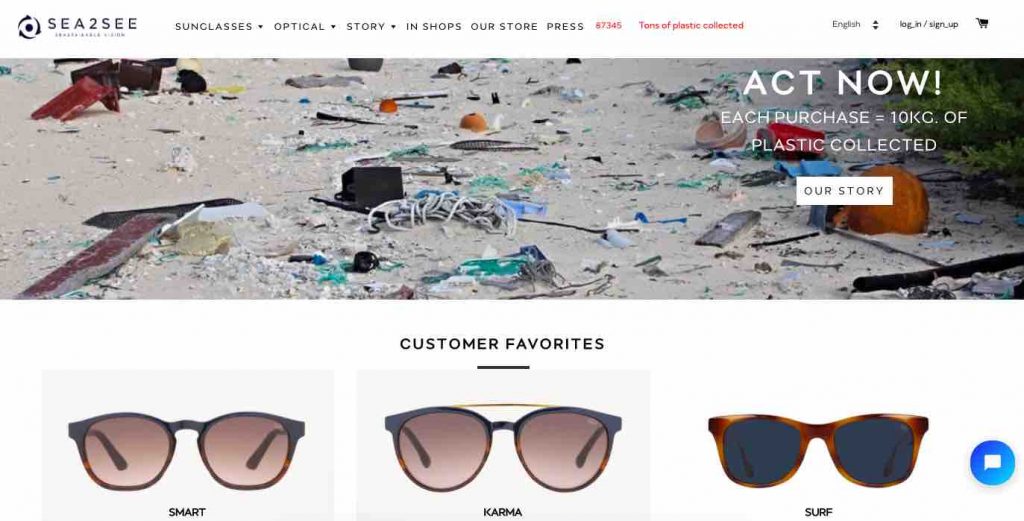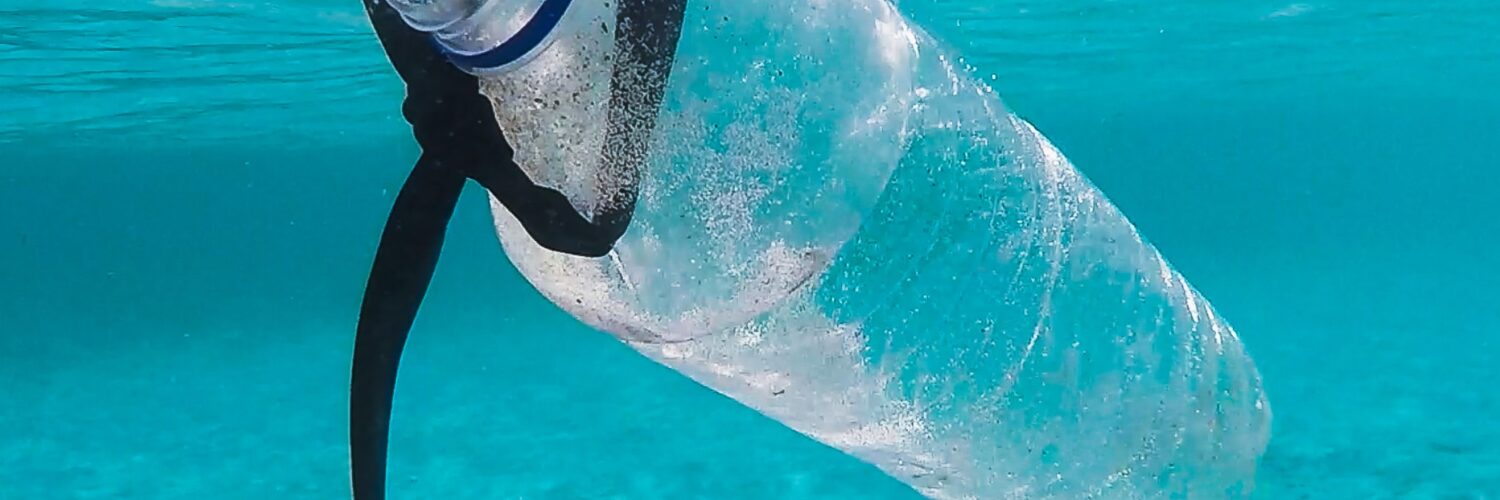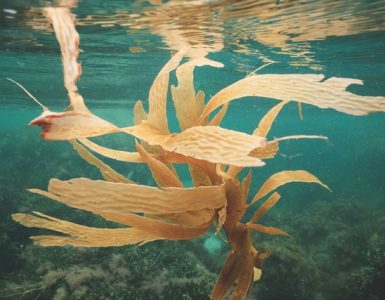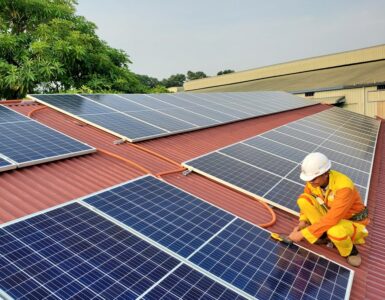Beaches all over the world have one thing in common – a large amount of plastic strewn all over the place. The plastic bottles, single-use polythene bags, chips & candy wrappers, polyethylene bags, and many more items are found as litter piles in one corner of the beach.
The plastic waste doesn’t remain on the sand for long, as you would imagine, they quickly get sucked and taken by the water body alongside.
We all know the impact of ocean plastic and the devastation it causes on marine life and the entire ecosystem.
The ecological impact is one part, then there are tourism aspects – beaches around the world, whether in the Caribbean, Goa, or Thailand are littered with plastics, putting off many people to revisit these sights.
Removal of ocean plastic is a huge concern for many countries and regions which have a coastline.
There are few companies which are making an attempt to tackle this problem – first reduce the plastic which is scattered all over the beaches and second to re-use & make products from ocean plastic.
Companies that make Products from Ocean Plastics
Computers & Laptops:
Computer maker HP made the world’s first notebook with ocean-bound plastics.
HP in partnership with the First Mile Coalition is working on the beaches of Haiti to recycle ocean-bound plastic bottles.
Shampoo Bottles:
FMCG giant P&G has started to work on making the container of their Head & Shoulders shampoo from plastic collected from France beaches.
The company will manufacture this special edition bottle in collaboration with the recycling business TerraCycle and waste management firm Suez.
https://www.youtube.com/watch?v=MzFyXjXbkY4
Shoes:
Shoemaker Adidas partnered with Parley for the Oceans to make footwear and apparel from recycled plastic bottles.
Parley collects the waste from coastal areas like the Maldives, which is then sorted, and the recovered plastic is sent to processing plants. After some rigorous slicing and dicing, the plastic is converted to a form of polyester yarn. Adidas long term objective is to replace the normal polyester with recycled polyesters in the next few years.
Eye Wear
Sea2see is using plastic collected from the sea to make recycled designer sunglasses.
The Spanish company pays local fishermen in and around the country to collect discarded plastic waste like ropes, bottles, fishnets, etc. As per the company’s website, for every one eye-wear which is purchased by the user around 10 kgs of plastic is collected.

Apparels:
There are a few other companies that are making apparel with plastic waste for sports teams.
Hannes in partnership with EcoSmart has a range of products made with recycled polyester from plastic bottles. The products are available on Amazon
In May 2019, MAS Holdings, the official clothing partner of Sri Lanka Cricket partnered with Sri Lankan Navy and Eco Spindles to make the t-shirts with plastic waste. The same t-shirts were worn by the players during the ICC Cricket World Cup 2019. The plastic collected from various Sri Lankan beaches was processed to develop the fabric which was then stitched to create the clothing.
Bottles:
A Belgian company, Ecover, which sells cleaning products, has produced bottles, using marine plastics which is collected from seas and oceans.
Conclusion:
As per estimates, more than 86 million metric tons of plastic reside in our oceans, and every year, over eight million metric tons of plastic are added.
However, the scope of these products from ocean plastic is very limited in terms of size and we still have a long way to make real headway with the issue.
An argument can be made that the companies should focus on reducing or altogether removing the plastics from their ecosystem, but is it that easy? The plastic which is picked from beaches or oceans was not due to the companies, but carelessness from people and society at large.
The companies are only helping in reducing whatever is already there. Credit should be given for creating a global consciousness and investing in innovation and putting waste into productive use.






Add comment